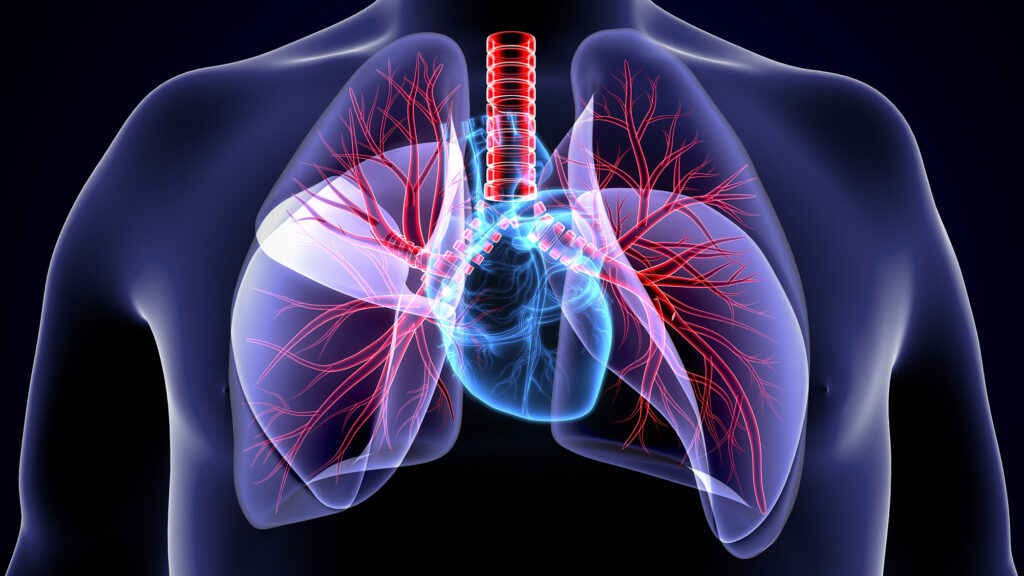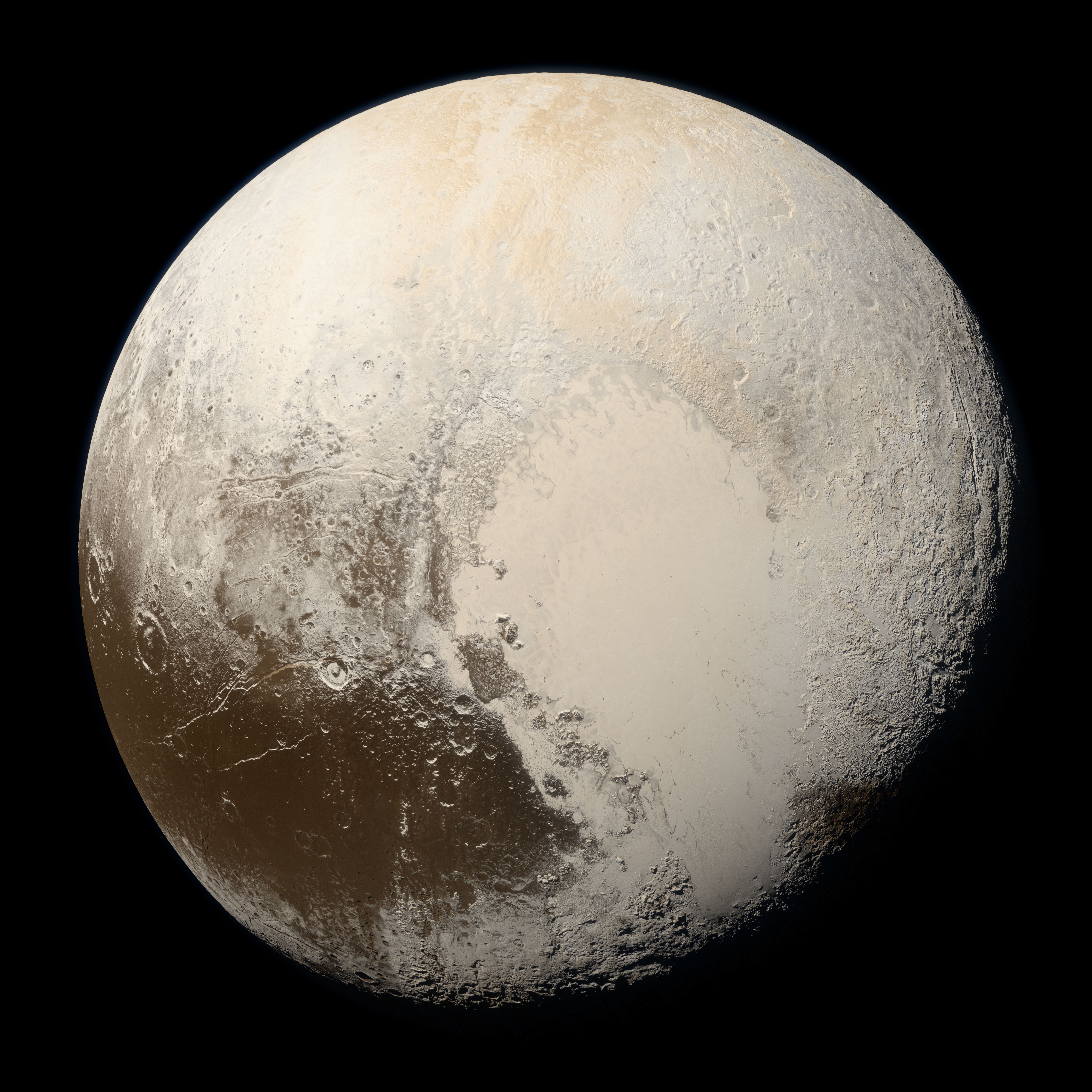The Lung and Heart hold a significant role in our bodies according to Traditional Chinese Medicine (TCM) principles. The Lung not only oxygenates the blood through respiration but also assists in the movement of blood away from the heart and the return of blood from the lower extremities through pressure dynamics. The lung is closely connected to the immune system, as well as the kidney and adrenal gland, which support the process of inspiration. From a TCM perspective, the act of breathing is essential for all mammalian life and holds great significance.
In TCM, the heart is another organ greatly influenced by lung function. These two organs are in constant interaction, akin to a dance. When patients present with lung disorders, it is important to support the heart in some way or assess its condition if lung function has been compromised. This is logical since the heart is the next organ downstream from the lung. All the oxygenated blood from the lung is directed to the heart to be pumped throughout the entire body. Thus, to strengthen the heart, it is necessary to foster healthy lung function as well.
A highly effective approach to enhance lung function is to engage in rhythmic breathing exercises that surpass what is known as tidal volume—the amount of air moved into the lungs during quiet or normal breathing. Our lungs possess reserve air beyond this normal capacity. To begin training your breath, take a moment to sit and take a deep breath all the way in until you cannot take in any more air, then exhale forcefully to expel the air. Congratulations, you have initiated your breathing training! For more comprehensive guidance, refer to the videos on this website, which can provide proper training techniques.
In Traditional Chinese Medicine (TCM), the body’s meridian system forms a network of energy pathways that connect various organs and facilitate the flow of Qi, or vital energy. Acupuncture, a key component of TCM, involves the insertion of thin needles into specific points along these meridians to restore balance and promote health. Two important meridians in TCM are the Heart Meridian and the Lung Meridian, each associated with specific emotions, functions, and dietary considerations.
The Heart Meridian, known as Shaoyin, is connected to the heart and plays a crucial role in maintaining emotional well-being. Emotionally, the Heart Meridian is associated with joy and happiness when in balance. However, excessive joy or excitement can disrupt its equilibrium. In TCM, the heart is believed to govern not only blood circulation but also the Shen, which encompasses consciousness, mental activities, and emotional states. Imbalances in the Heart Meridian may manifest as symptoms such as palpitations, insomnia, and anxiety.
The Lung Meridian, known as Taiyin, is associated with the lungs and is responsible for respiration and the regulation of Qi. Emotionally, the Lung Meridian is connected to grief and sadness. Excessive or unresolved grief can impact lung function and disrupt the flow of Qi. TCM views the lungs as the delicate organ that receives and distributes Qi throughout the body. Disharmony in the Lung Meridian can manifest as symptoms such as shortness of breath, coughing, and a weakened immune system.
In TCM, diet plays a vital role in maintaining the balance and health of the heart and lungs. Certain foods are believed to nourish these organs and support their functions. For the heart, foods that are cooling in nature and have a calming effect are beneficial. Examples include bitter melon, watermelon, hawthorn berries, and chamomile tea. These foods help to soothe excess heat and promote heart health.
For the lungs, foods that are moistening and have a nourishing effect are recommended. This includes foods such as pears, white fungus, almonds, and honey. These foods help to moisten the lungs, promote lung function, and alleviate dryness.
It is important to note that TCM approaches health holistically, considering the interconnectedness of the body, mind, and emotions. Therefore, in addition to dietary considerations, TCM treatments such as acupuncture, herbal remedies, and lifestyle adjustments may be recommended to restore balance and harmony to the Heart and Lung Meridians, promoting overall well-being.
How useful was this post?
Click on a star to rate it!
Average rating / 5. Vote count:
No votes so far! Be the first to rate this post.
Author
-
Meet Dr. Kendall Gregory, a highly accomplished professional with a remarkable academic background and a deep passion for empowering individuals through knowledge. Dr. Gregory’s educational journey began with a Bachelor of Science degree, followed by a Doctor of Chiropractic Medicine, focusing on diagnosing and treating musculoskeletal conditions. He further expanded his expertise with a Master's degree in Oriental Medicine, specializing in acupuncture and Chinese herbology, and a Master's degree in Health Care Administration, emphasizing his dedication to improving healthcare systems. Dr. Gregory combines his extensive knowledge and practical experience to provide comprehensive and integrative healthcare solutions. Through his writings, he aims to inspire individuals to take charge of their health and make informed decisions.
View all posts







